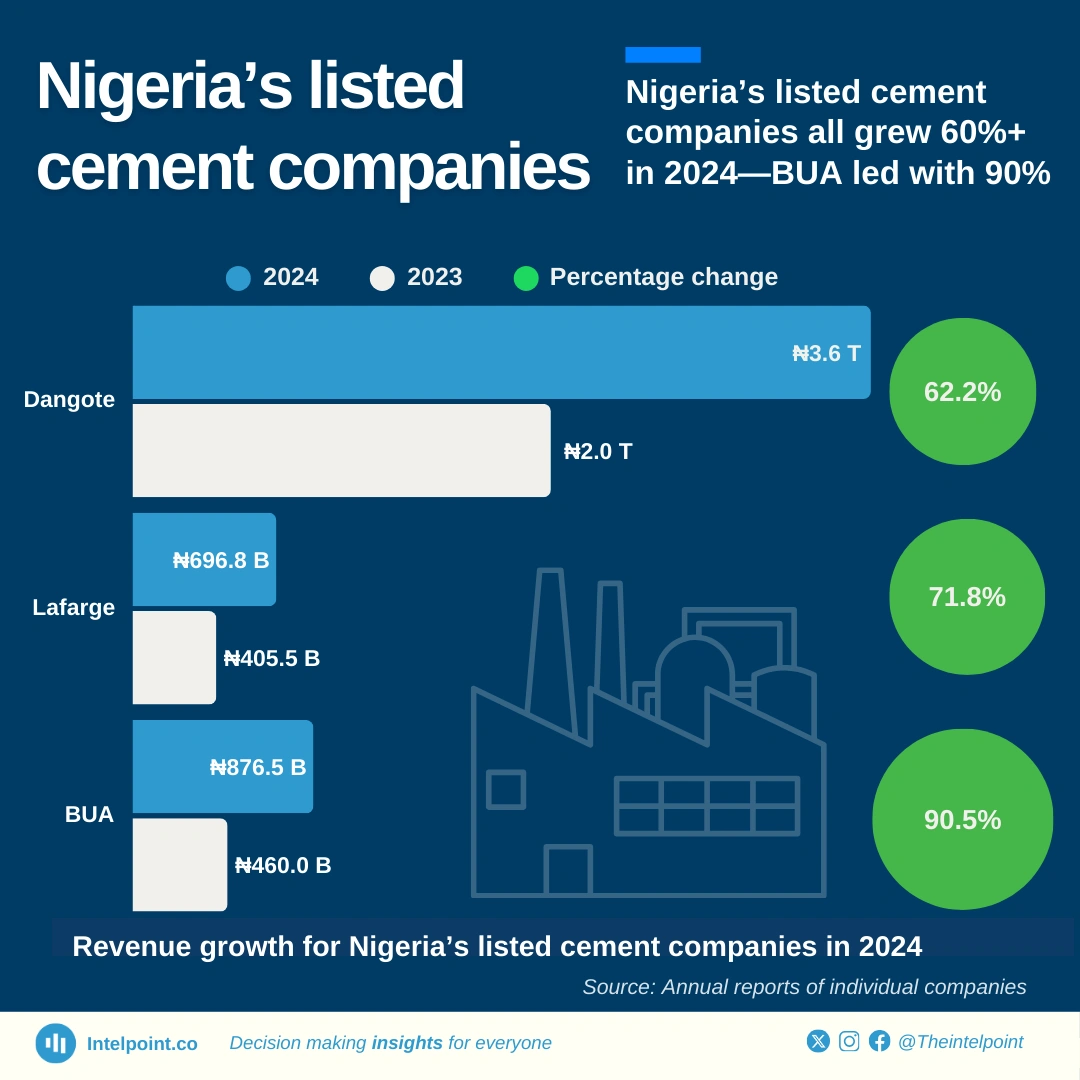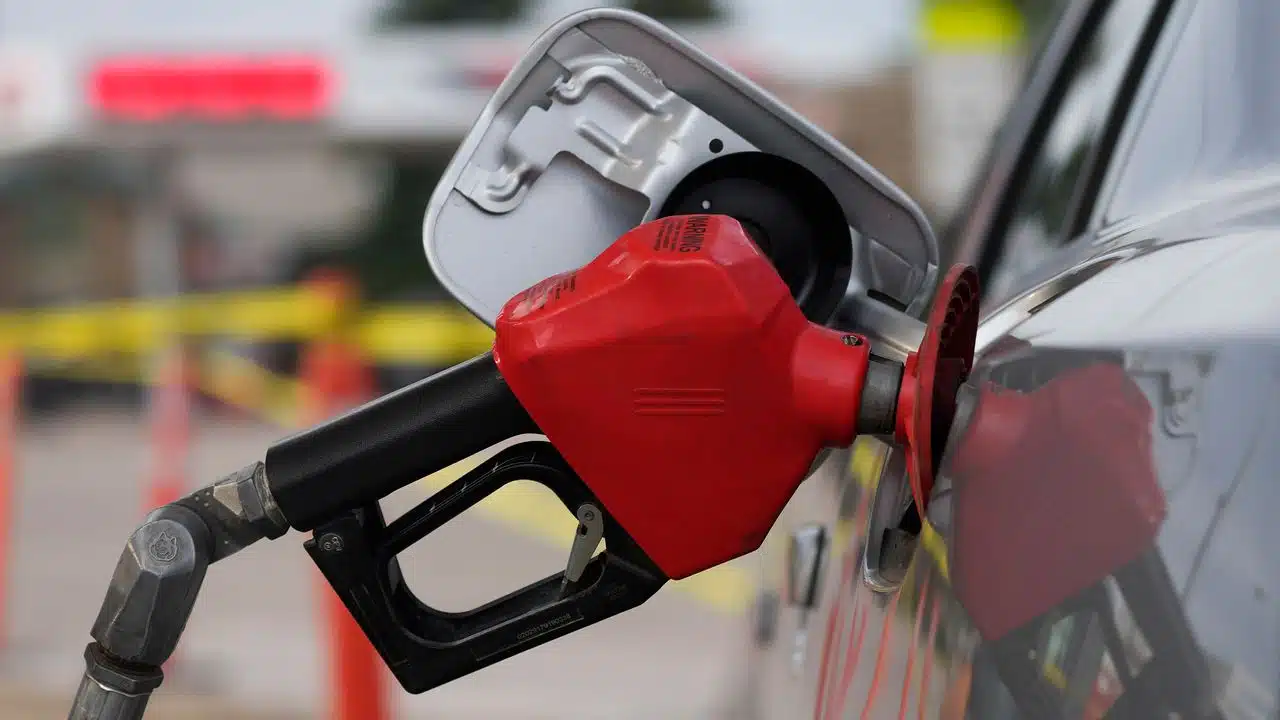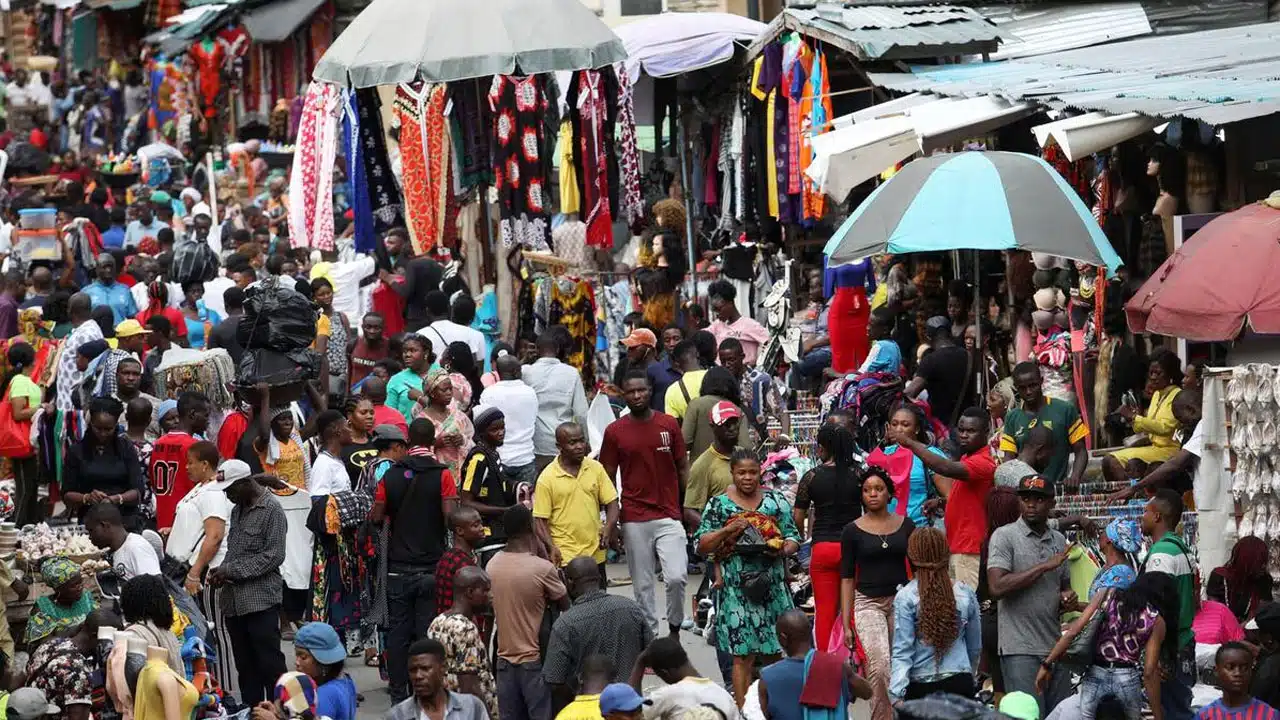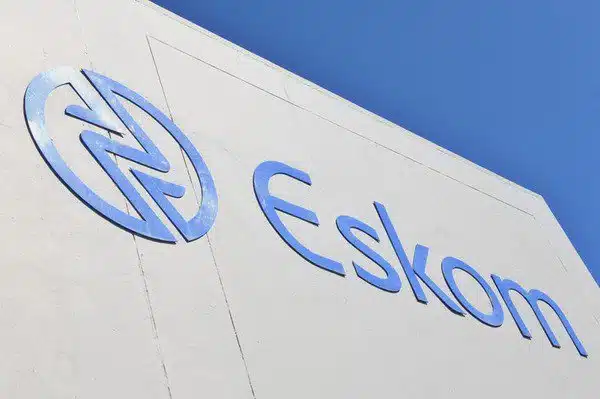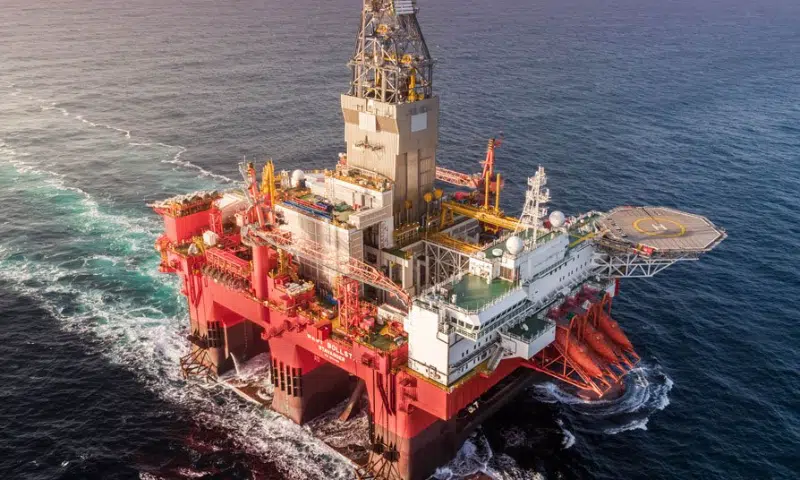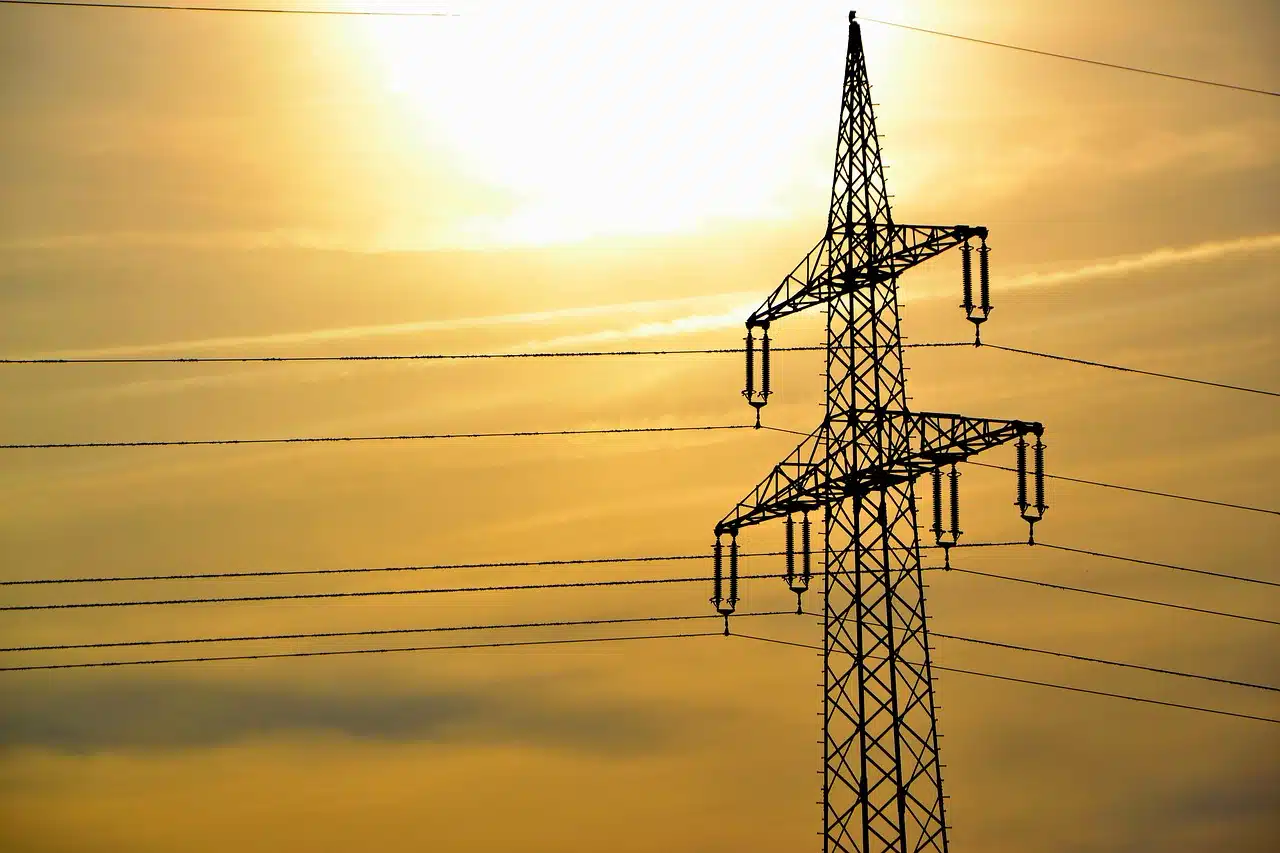Aliko Dangote, African richest man, is no stranger to transforming industries across Africa. As the founder and president of Dangote Industries Limited, his ventures have revolutionised sectors from cement and sugar to oil and gas.
Now, in what could be one of his most ambitious moves, Dangote is setting his sights on developing Nigeria’s largest private seaport at the Olokola Free Trade Zone (OKFTZ) in Ogun State, a project announced in March 2025.
This initiative is more than just another addition to Dangote’s portfolio; it represents a strategic effort to tackle Nigeria’s chronic infrastructural challenges, particularly in the logistics and port sectors.
Nigeria’s current port facilities, especially in Lagos, are plagued with congestion, inefficiencies, and outdated infrastructure.
These issues lead to prolonged cargo clearance times, increased logistics costs, and delays that stifle business operations.
Dangote’s private seaport aims to alleviate these problems by offering a faster, more efficient trade gateway that boosts Nigeria’s export competitiveness.
Jobs, trade, and Ogun as a new industrial hub
The economic ripple effects of this private seaport are expected to be transformative for both Ogun State and Nigeria at large.
By anchoring the port in the Olokola Free Trade Zone, Dangote is helping shift the economic centre of gravity away from Lagos, traditionally Nigeria’s business hub, towards a growing industrial corridor in Ogun.
The strategic location of the port could help turn Ogun into a regional trade and logistics powerhouse, much like how South Africa’s Port of Durban transformed KwaZulu-Natal.
The project is also poised to generate substantial employment. According to a 2022 report by the Nigerian Economic Summit Group (NESG), every $1 billion invested in infrastructure creates roughly 22,000 direct and indirect jobs.
As Dangote develops the port and its associated projects—such as a new cement plant in Itori, Ogun State—the potential for job creation across various sectors, from construction to logistics, is immense.
Beyond job creation, Ogun State stands to see a significant boost in its Internally Generated Revenue (IGR).
In 2023, Ogun was the fourth-highest generator of IGR in Nigeria, with N146.88 billion. With the new port, the state’s IGR could rise into the top three by 2026, giving it more resources to invest in public services like healthcare, education, and infrastructure.
This port also offers Ogun-based businesses a welcome alternative to Lagos ports. Currently, most businesses in Ogun depend on the overcrowded ports of Apapa and
Tin Can Island in Lagos, which are often plagued by delays and high costs. With a local port, transportation time and costs would decrease, benefiting both consumers and manufacturers in Ogun and neighbouring states.
A strategic fit for Dangote’s empire
What sets this seaport project apart is how seamlessly it integrates with Dangote’s broader industrial strategy.
The Olokola Free Trade Zone is strategically located between Ogun and Ondo states, just a few hundred kilometres from Lagos and in close proximity to Dangote’s $19 billion refinery and petrochemical complex in Lekki.
The new port could serve as a secondary export base for refined petroleum products and petrochemicals, positioning Dangote’s products competitively in global markets.
Additionally, the seaport is expected to support Dangote’s cement operations.
The new cement plant in Itori will produce 6 million metric tonnes per annum, and with a dedicated port, raw materials like limestone can be easily imported, while finished cement can be exported efficiently.
This streamlined logistics system could help reduce Dangote Cement’s high logistics costs, which currently account for over 25% of cement prices in Nigeria, boosting its competitiveness in West African markets.
The port will also streamline Dangote Fertiliser’s operations.
As one of the world’s largest exporters of urea, Dangote Fertiliser has faced significant losses due to congestion at Lagos ports.
A dedicated port would eliminate delays, ensuring faster, more reliable export routes and improving the company’s bottom line.
Beyond improving internal operations, the new port will also enable Dangote Industries to implement cutting-edge technologies such as automation, enterprise resource planning (ERP) systems, and blockchain-based supply chain tracking.
Drawing inspiration from globally recognised smart ports like Rotterdam and Singapore, Dangote aims to reduce cargo turnaround times and set a global benchmark for port efficiency in Nigeria.
Challenge of congestion at Nigeria’s current seaports
Nigeria’s existing seaports, particularly Apapa and Tin Can Island in Lagos, have long been bottlenecks for trade.
These ports, designed to handle a fraction of the current cargo volume, are chronically congested, leading to long delays, demurrage charges, and rising business costs.
A 2021 report by the Lagos Chamber of Commerce and Industry estimated that Nigeria loses over $10 billion annually due to inefficiencies at its ports.
The lack of adequate road and rail infrastructure connecting these ports to inland destinations further exacerbates the problem.
Despite efforts to improve the Lagos-Ibadan Expressway and rail connections, progress has been slow, and manual processing systems continue to hinder efficiency.
This congestion has caused many businesses to reroute their shipments through neighbouring countries like the Benin Republic and Ghana, further undermining Nigeria’s competitiveness.
This is where the Olokola Port could be a game-changer. By offering a decongested, modern, and digitally enabled port, Dangote’s project promises to address these issues head-on, providing a seamless, efficient gateway for trade.
This will reduce costs for exporters, improve the timeliness of deliveries, and boost Nigeria’s position as a trade hub in West Africa.
Regulatory and financial challenges of owning a seaport in Nigeria
Building and owning a seaport in Nigeria is a monumental task, requiring not just capital but a deep understanding of the complex regulatory landscape.
According to Bello Yusuf, a maritime economist, the Nigerian port space is one of the most tightly regulated in Africa.
“The Nigerian port space is one of the most tightly regulated in Africa,” said Bello Yusuf, a maritime economist and port infrastructure consultant.
“You’re dealing with the Nigerian Ports Authority (NPA), Nigerian Maritime Administration and Safety Agency (NIMASA), Customs, and several environmental and state-level regulatory bodies. Getting everyone aligned takes years.”
From a legal standpoint, all port infrastructure must operate under the framework of the Ports Act, which grants NPA supervisory authority.
Even private ports, such as Lekki Deep Seaport (which Dangote is also involved in), operate under public-private partnership (PPP) models, with government agencies still playing a critical regulatory role.
Yusuf noted that beyond licensing, environmental approvals are a significant hurdle.
“You need full Environmental Impact Assessments (EIA), coastal and marine surveys, and sometimes even community resettlement plans before you can lay a single foundation block.”
Financially, the costs of building a modern deep-seaport can range from $500 million to $2 billion, depending on various factors like size, depth, and auxiliary infrastructure.
Few entities in Africa have the financial and technical capacity to undertake such a project, and Dangote’s extensive experience and capital make him one of the few players capable of pulling it off.
Future of private seaports in Nigeria
If successful, Dangote’s seaport project could set a new precedent for private-sector engagement in Nigeria’s port infrastructure.
Experts believe that if this project demonstrates efficiency and profitability, it could pave the way for other regional players to develop specialised ports—focused on sectors like agriculture, chemicals, or energy.
In a broader sense, the port also strengthens Dangote’s position in the context of the African Continental Free Trade Area (AfCFTA), positioning his business to lead in the next phase of intra-African trade.
By reducing logistical bottlenecks, Dangote Group is positioning itself to dominate cross-border trade, further solidifying Aliko Dangote’s legacy as a transformative figure in African industrialisation.
In conclusion, Dangote’s move to develop a privately owned port is not just about expanding his business empire.
It’s about addressing Nigeria’s critical infrastructure gaps, creating jobs, boosting local economies, and positioning himself and Nigeria as leaders in the continent’s economic future.



